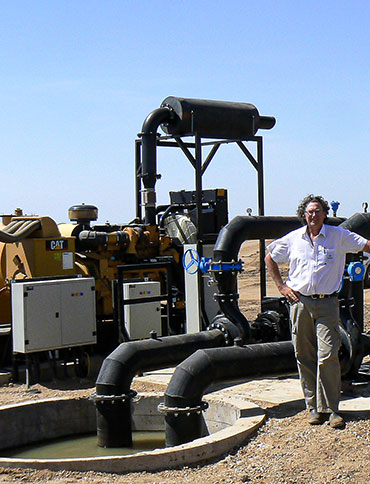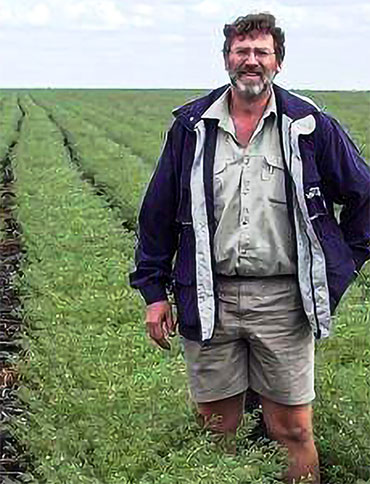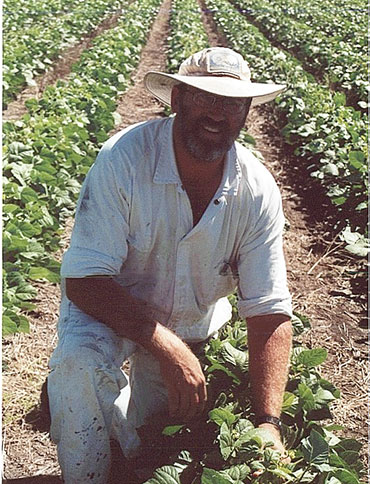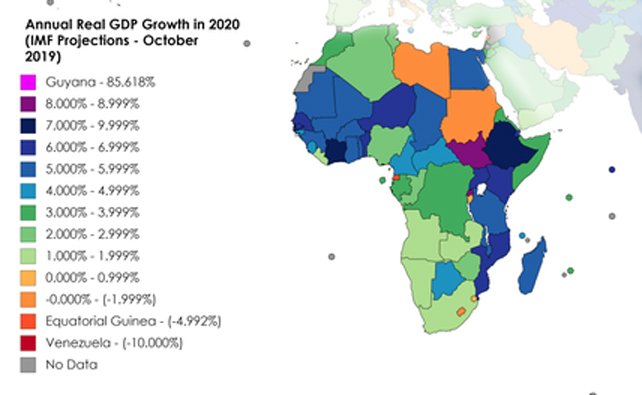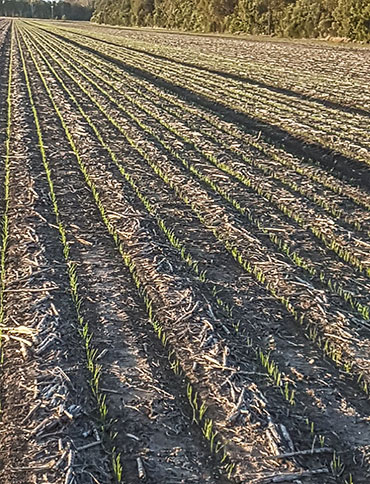Why the Name?

“Rehoboth” is an ancient Hebrew word meaning “open spaces”.* It has the connotation of broad acreage suitable for primary production, both crops and herds. The reap team have proven, their management causes “the land” to flourish wherever they are.
It is our aim to promote effective land management that ultimately contributes to regenerating the land, ushering in a new era of primary production that ensures resilient capacity for generations to come. In Africa, neighbouring farmers, both large commercial farmers, and smallholder subsistence farmers, all begin to benefit as a natural progression, a flow on effect, from demonstrating what can be achieved, and actively involving ourselves in the community. Subsequently the people in those areas are still flourishing decades, and new generations later.
*From Isaac’s story in Genesis Chapter 26:22
He (Isaac) moved on from there and dug another well, and no one quarrelled over it. He named it Rehoboth (Open Spaces), saying,
“Now the LORD has given us room and we will flourish in the land.” (NIV)
Agriculture in the tropics has many key parameters that differ greatly from temperate agriculture. Agricultural practices and experience in the temperate zones of the world do not translate well to the tropics and have been among the root causes of the embarrassment of widespread under-performing and failed agricultural ventures on the African continent. One of the challenges in the tropics is the “green bridge”. There is no winter freeze, and typically in the equatorial tropics, the dry season is not long enough to interrupt the lifecycles of significant weeds, various pests, and diseases. It is therefore significant that reap’s team members hail from the tropics. Our countries of origin, qualifications, and extensive experience typically relate to tropical agriculture, hence reap stands out as your partner of choice.
Agricultural technology combines technologies in a wide array of disciplines, to improve yield, efficiency, and profitability of primary production. While it is not a panacea for poor farm management, Agtech is transforming agriculture from the carbon positive industrial age to a carbon negative digital age through disruptive developments combining mechatronics, remote-sensing, satellite, and information-based technologies, with their associated (mobile) computing applications. Disruptive agtech is a necessity, with the goal of boosting efficiency of food production to sustain Earth’s ever-expanding population without clearing more land.
Partner with us to transform rural landscapes to flourishing profitability, while investing in food security for future generations.
Let us partner with you to improve the outlook for your farming venture, to sure up profits, and to begin today, to leave a lasting legacy for tomorrow.
Why Invest in Agriculture?


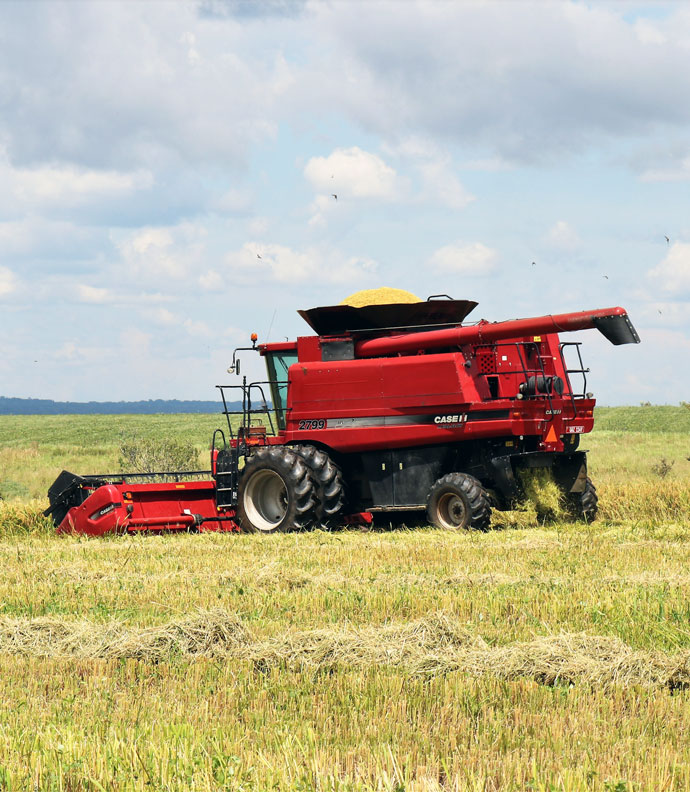
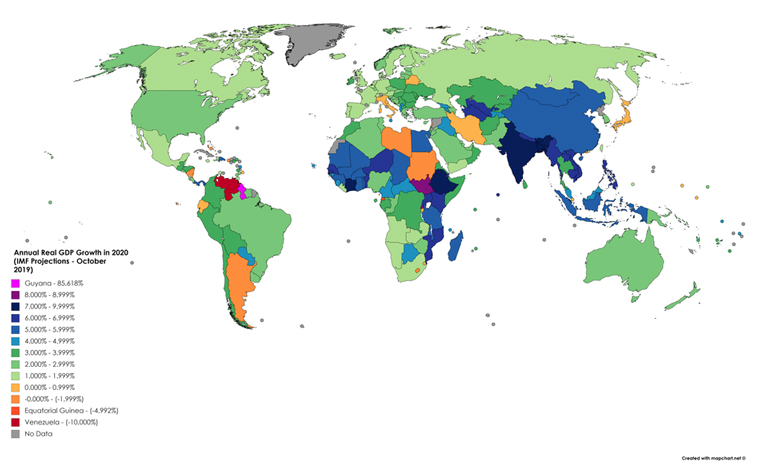
Why Africa?

Investing in sub-Saharan agriculture has a strong rationale and is ideal for impact investors.
Featuring rising demand and constrained supply, east Africa is the fastest growing sub-region on the continent led by Ethiopia, Kenya, Tanzania, Rwanda, and Uganda, which have been enjoying growth rates not less than 5% per annum since 2016.
Governance is improving across much of the continent allowing prudent macroeconomic and fiscal policies to prevail, highly correlated with an increase in anti-corruption mechanisms such as are proving effective in the east African nations of Rwanda, Kenya, Tanzania, and Ethiopia.
Agriculture forms a significant portion of the economies of all African countries, with an average of 70% of populations (mostly women), engaged in rural activities across the East African Community. Transforming agricultural sectors across Africa is being given increasing priority on socio-political agendas because of its tremendous potential to contribute employment and entrepreneurship, human security, and sustained economic growth.
Solutions for African Agriculture

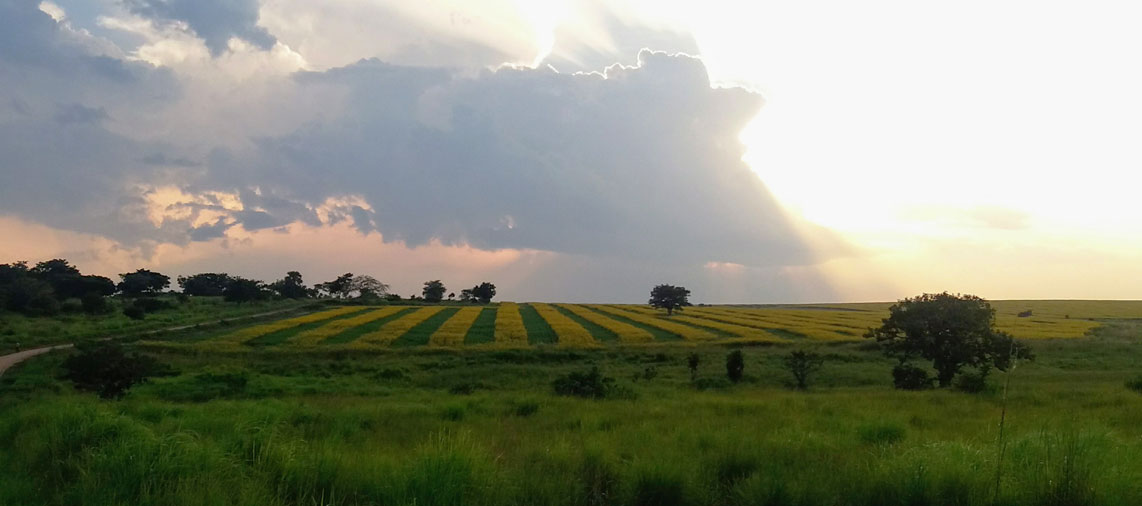
Regenerative agriculture focuses on establishing soil health.
🌱 We keep soil covered with living root systems.
🌱 We prevent soil compaction using permanent wheel tracks.
🌱 We prioritise plant biodiversity with legumes playing an essential role.
These strategies result in increased carbon sequestration and provide natural benefits to farm productivity by supporting healthy ecosystems on and around crop areas. The result? Already cleared land is farmed more efficiently, in terms of both inputs and crop water use.
Regenerative agriculture makes the triple bottom line possible—profitably sustaining people while restoring the planet.
We consciously seek value-added opportunities, extending services and crop aggregation to surrounding smallholder co-operatives.
Thus, reap builds livelihood resilience into productivity and profit margins for all our stakeholders, safeguarding everyone no matter what we come up against.
Our Track Record Speaks for Itself

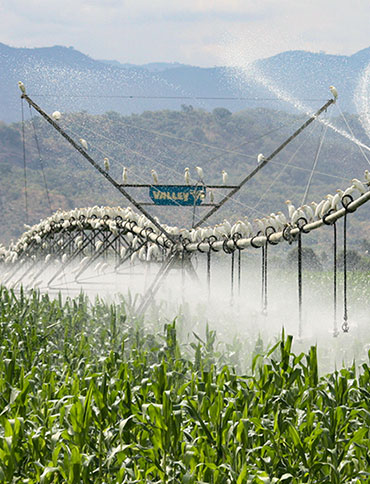
Agricultural Investment Success
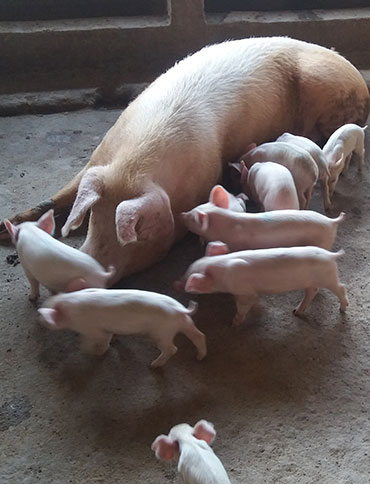
Pioneering Modern Agriculture
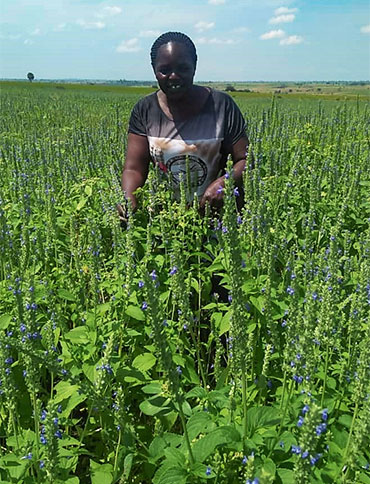
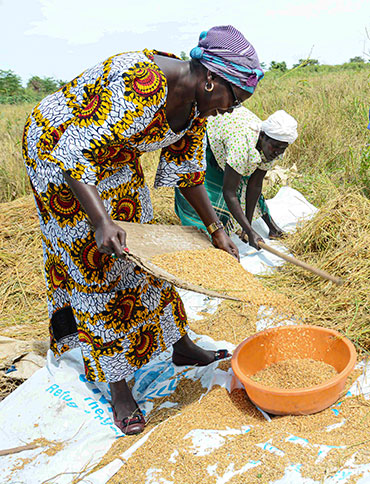
Strengthening Smallholder Engagement
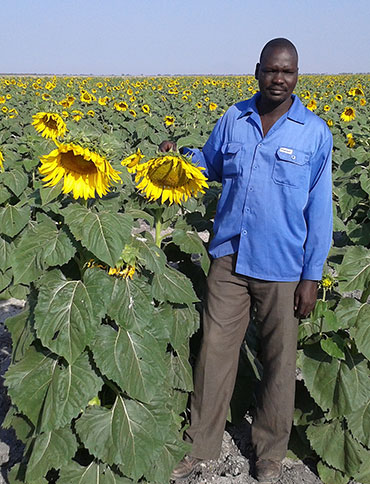
Frontier First Agriculture
